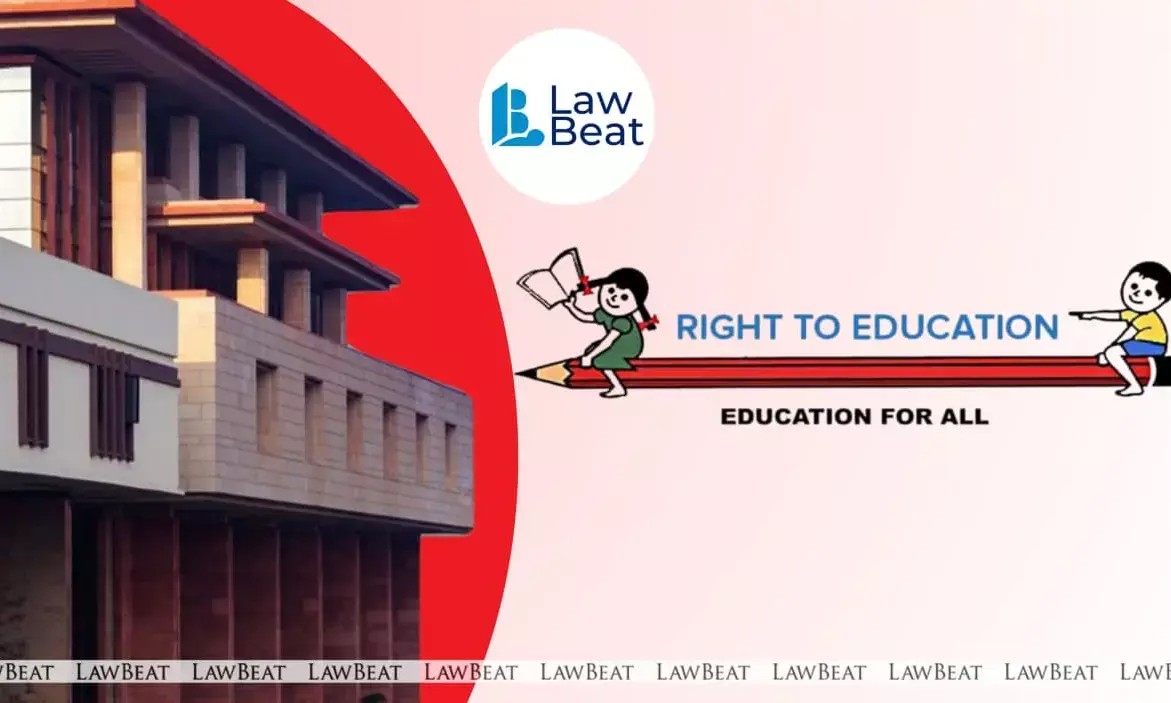Plea Before Delhi High Court Says RTE Exclusions for Madrasas, Vedic Pathshalas Are Contrary to Law

‘Equal education for all’: PIL urges Delhi HC to mandate common syllabus across school types
A Public Interest Litigation (PIL) has been filed before the Delhi High Court challenging Sections 1(4) and 1(5) of the Right to Education Act 2009, stating that these provisions deprive Madrasas, Vedic Pathshalas and educational institutions imparting religious instruction of educational excellence by keeping them outside the ambit of the Act.
Filed by Ashwini Kumar Upadhyay through advocate Ashwani Kumar Dubey, the plea seeks a declaration that Sections 1(4) and 1(5) of the RTE Act are arbitrary, irrational and contrary to Articles 14, 15, 16, 21, 21A and the Preamble and therefore should be declared void and inoperative.
The plea states, “But rather than implementing a common compulsory education system for all children in spirit of Articles 14, 15, 16, 21, 21A, 38, 39, 46 and Preamble; Centre inserted S. 1(4) and i(5) to deprive educational excellence to Madrasas, Vedic Pathsalas & educational institutions imparting religious instruction. Thus, S.1(4) and 1(5) not only offend Articles 14, 15, 16, 21, 21A but also contrary to Articles 38, 39, 46 & Preamble of the Constitution.”
The petition contends that compulsory education which mandates every child to attend school but lacks an effective common curriculum is worse than providing no education at all. It adds: “The hallmark of the compulsory education system is the syllabus & curriculum which must be equally & uniformly applied across the board, so as to ensure conditions, in which each children are placed on an equal playing field, competent to take on the challenges of the real world.”
The plea further argues that by the use of the words “free” and “compulsory” in the Act and through Sections 7(6) and 29, it is clear that the Centre is not only empowered but also obligated to frame an effective common syllabus and common curriculum that advances constitutional goals.
It adds that the right to education should not be limited to enrolment or free and compulsory schooling but must extend to equal quality education irrespective of socio economic, religious or cultural background.
“Common and compulsory education up to 14 years would achieve code of common culture, removal of disparity and depletion of discriminatory values in human relations. It would also enhance virtues and improve quality of life, elevate the thoughts, which advance constitutional philosophy of equal society,” the plea before the court submits.
It states that extending the RTE framework to all institutions up to the age of fourteen would create a code of common culture, eliminate discriminatory educational practices and provide a uniform academic foundation for all children. It also says that the goals of the Preamble including unity, dignity, fraternity and national integration cannot be achieved unless the exemptions in Sections 1(4) and 1(5) are removed.
The matter will be taken up by the Court in due course.
Case Title: ASHWINI KUMAR UPADHYAY VERSUS UNION OF INDIA & OTHERS
Hearing: Expected
